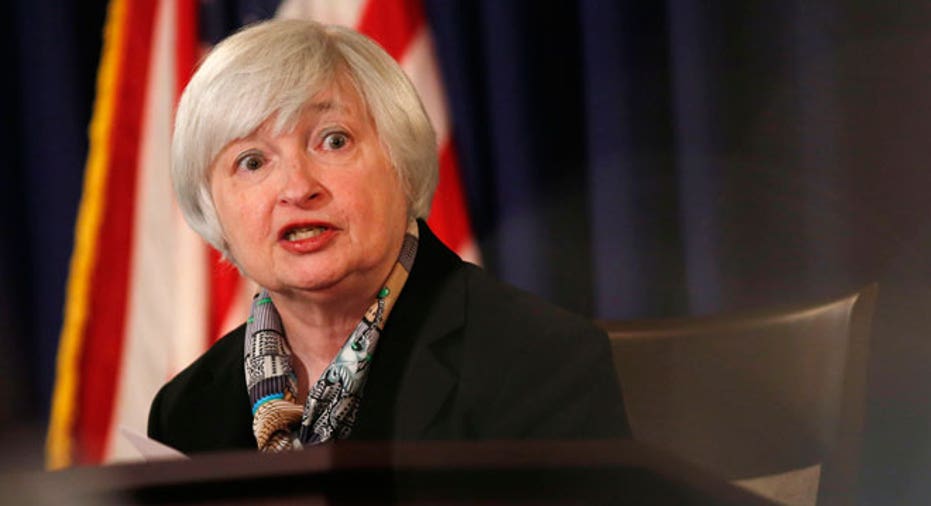FOMC Members to Make Case for 2015 Rate Hikes

Members of the Federal Reserve eager to normalize U.S. monetary policy will have two days this week to make their best case for raising interest rates sooner rather than later.
No one expects the policy-setting Federal Open Market Committee to make any significant announcements this week. In other words, they won’t be raising interest rates. Instead, the members are expected to clarify their positions on when they believe rates should start moving higher.
The FOMC meets Tuesday and Wednesday and will release its statement at 2 p.m. Wednesday. Fed Chair Janet Yellen will hold a press conference at 2:30 p.m. Wednesday, and the FOMC members will release their updated economic forecasts.
A majority of the FOMC, including the influential voices of Yellen and Vice Chair Stanley Fischer, have expressed their view that rates will likely move higher before the end of 2015.
Prominent global voices, however, have called on the Fed to delay any hikes until 2016. The International Monetary Fund and the World Bank both argued last week that the global economy remains too fragile to absorb higher borrowing costs imposed by the U.S. central bank.
David Kelly, chief global strategist at JPMorgan Funds, said the Fed should ignore those pleas, suggesting that “it’s not clear that the economists from either institution understand the real position of the American economy.”
The advice to delay, according to Kelly, “is not sound” under any of the rationales offered by IMF and World Bank economists. He explained, “while the pace of U.S. economic growth is slower than in prior expansions, numerous indicators suggest that the economy has accelerated from its first-quarter slump and that it is rapidly absorbing excess slack in the economy.”
The Fed has all but ruled out an increase at the June meeting, but a September hike announcement remains in play and investors will be looking for signals within the Fed’s statement and during Yellen’s press conference.
Yellen said in a recent speech “if the economy continues to improve as I expect, I think it will be appropriate at some point this year to take the initial step to raise the federal funds rate target and begin the process of normalizing monetary policy.”
Before that happens, Yellen said she’ll have to be convinced that labor markets have made sustained growth and “reasonably convinced” that inflation is moving toward the Fed’s 2% target rate.
Recent data suggests both of those goals are attainable in the second half of the year, despite a weak first quarter during which U.S. economic growth contracted by
Earlier this month the Labor Department reported that the economy gained 280,000 new jobs in May, far more than expected, and that the unemployment rate rose to 5.5% because thousands of people joined the workforce once again hopeful of finding a job.
The Labor Department followed up that strong jobs report with data that showed the number of job openings at the end of April stood at 5.4 million, the largest number since the government started keeping track in late 2000.
Meanwhile. hiring fell to 5 million in April down from 5.1 a month earlier, a drop economists said occurred because employers are having difficulty finding the qualified workers they are seeking.
That demand for qualified workers could have an important impact on wages.
Indeed, the Labor Department recently reported that wages in May rose 2.3% year-over-year, not quite the 3% annual growth rate the Fed is seeking but a clear sign that the tightening labor market is starting to push wages higher.
In all likelihood, the Fed will use this week’s meeting to explain the mixed messages economic data has been sending through the first half of 2015, and to once again reiterate its position that the timing of a rate hike will continue to depend on incoming data and that a decision to lift rates will come when the data shows sustained growth and momentum.



















